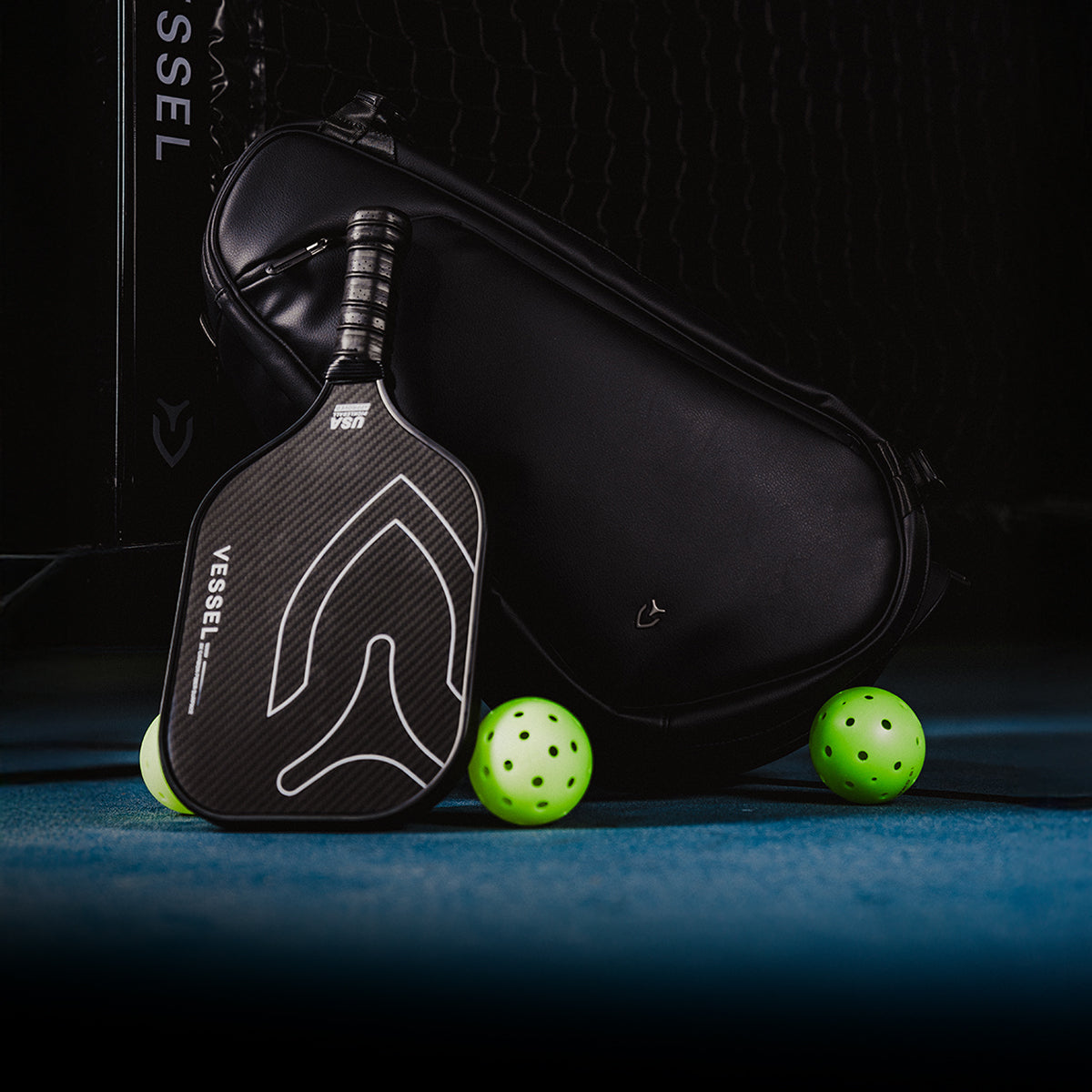

If you're just starting out, shooting below 60 strokes is actually pretty solid! That's about 15 strokes higher than what average players shoot, but the reality is you're still learning the basics.
Setting realistic goals starts with knowing what golfers actually score out there and the numbers might surprise you! The typical adult golfer shoots around 45 strokes for nine holes, which equals one bogey per hole. Men average between 44 and 46 strokes, while women typically score about 55.
Here's where it gets interesting only 2% of golfers break 40 on nine holes! That means if you're shooting anywhere near 45, you're doing pretty well. Beginners usually score around 60, so don't feel bad if that's where you're at. The gap between skill levels is huge: pros can shoot between 27 and 36, while weekend warriors struggle to break 50. Course difficulty matters too a tough layout can add five strokes easily! Weather conditions like wind and rain can also significantly impact your score by affecting ball flight and putting accuracy. Skilled players can complete their round in about 75 minutes, showing that better scores often come with more efficient play.
Factors That Determine Your Score
While knowing the averages helps, your personal target score depends on several key factors that go way beyond just skill level. Your course's layout plays a huge role. A narrow fairway with thick rough might add 2-3 strokes to your target compared to wide-open holes. Weather conditions matter too! Playing into a 20-mph wind can turn that easy par 4 into a real challenge.
Your physical abilities and mental game shape realistic targets. If you're great at chipping but struggle with long irons, you'll score differently than someone with the opposite strengths. Course conditions also change everything fast greens and tall rough bump up difficulty considerably. The course's slope rating, which ranges from 55 to 155, directly indicates how much harder it plays for average golfers versus scratch players. Additionally, the Course Rating represents the expected score for a scratch golfer and serves as the baseline for calculating how your score compares to the course's difficulty.
Setting Realistic Score Goals for Your Game
Once you understand what affects your scoring, you're ready to set goals that actually make sense for your game. The important point is: if you're just starting out, shooting for 60 or below on nine holes is totally reasonable. Don't compare yourself to that guy who's been playing for twenty years!
Track your progress by writing down your scores – you'll spot patterns pretty quickly. Maybe you'll notice you're consistently hitting 58, then suddenly you break into the 50s. That's worth celebrating! Remember that the average amateur male typically scores around 39-40 for nine holes, so beating that puts you ahead of many recreational players. For beginners, a great milestone is breaking 50 for nine holes, which shows real improvement in your game. Set small targets, such as improving by two strokes every month, rather than expecting to drop ten strokes overnight.
Essential Scoring Terms Every 9-Hole Player Should Know

Now that you've got your scoring goals sorted out, you'll need to speak the language of golf to track your progress properly. The important part is – golf has its own vocabulary, but it's actually pretty simple once you break it down.
Let's start with the basics. Par is the number of strokes an expert should take on a hole. If a hole's par is 4 and you finish in 3 strokes, that's a birdie! Take 5 strokes instead? That's a bogey. Your typical 9-hole course has a par of 36, meaning you'd shoot even par with 36 total strokes.
You'll also hear about eagles (two under par) and the dreaded double bogey (two over par). When you score an eagle on a par three hole, it means you've achieved a hole in one – one of golf's most exciting accomplishments. For perspective, PGA Tour pros averaged 3.68 birdies per round in 2019, while average golfers with 16-20 handicaps only manage about 0.3 birdies per round. Understanding these terms helps you communicate with other golfers and track your improvement accurately.
Frequently Asked Questions
How Long Does It Typically Take to Play 9 Holes of Golf?
You'll typically spend about 90 minutes playing 9 holes of golf. The fact is – if you're playing solo and you're pretty skilled, you might finish in just 75 minutes! But when you're with friends or still learning, expect it to take closer to 2 hours. Each hole usually takes 8 to 12 minutes, depending on whether it's a par 3 or something trickier. Using a cart definitely speeds things up.
What Equipment Improvements Can Help Lower My 9-Hole Scores?
You'll see the biggest score improvements from three key upgrades. To begin with, get custom-fitted clubs that match your swing speed and height this alone can drop 3-5 strokes! Next, switch to a forgiving cavity-back iron set with larger sweet spots, which'll save you on those mishits. Ultimately, grab a GPS rangefinder for accurate distances. The important point is: knowing you're 142 yards out, not guessing 150, means selecting the right club every time.
Should I Keep an Official Handicap for 9-Hole Rounds?
Yes, you should keep an official handicap for your 9-hole rounds! The reality is - most golf associations now accept 9-hole scores, and you can combine two rounds to make an 18-hole score. It's perfect if you're short on time but still want to track your progress. Your handicap lets you enter tournaments, play fair matches with anyone, and actually see your improvement in numbers. Plus, posting scores is pretty simple nowadays.
Is It Better to Walk or Use a Cart for 9-Hole Rounds?
You'll benefit more from walking your 9-hole rounds! Walking burns 700-900 calories, improves your cardiovascular health, and helps you focus better on each shot. Sure, a cart saves you 20-30 minutes, but the reality is – walking lets you develop a natural rhythm that often improves your game. You'll enjoy the course more, engage with playing partners better, and avoid those cart-path-only days. Unless you're pressed for time, ditch the cart.
Conclusion
Remember, your ideal score depends on your skill level, the course's difficulty, and the playing conditions. Don't get hung up on shooting par right away most golfers score 45-50 on nine holes, and that's perfectly fine. Focus on beating your personal best by one or two strokes each round. Track your progress, celebrate small wins, and keep practicing those short game shots that really save strokes.







